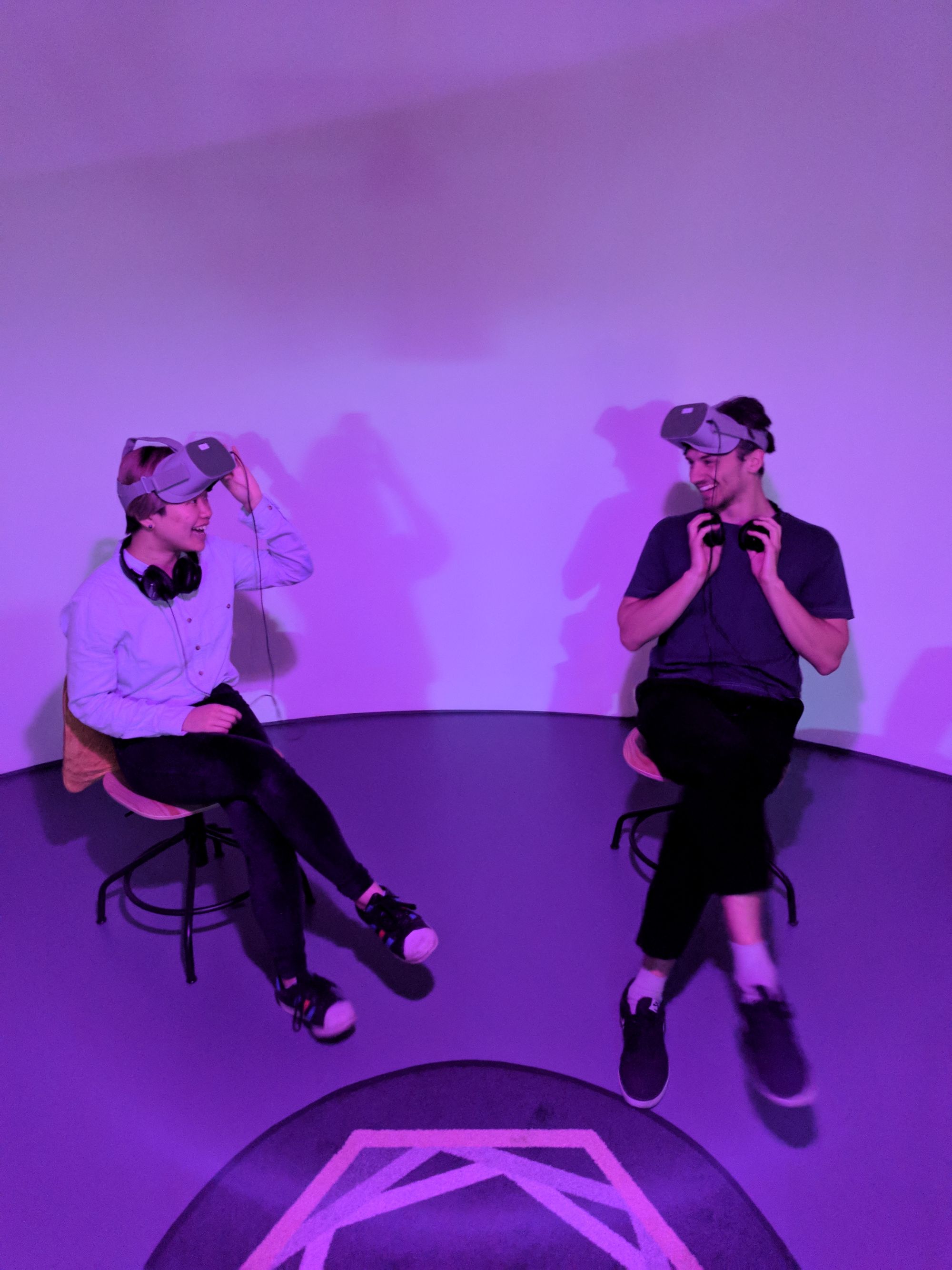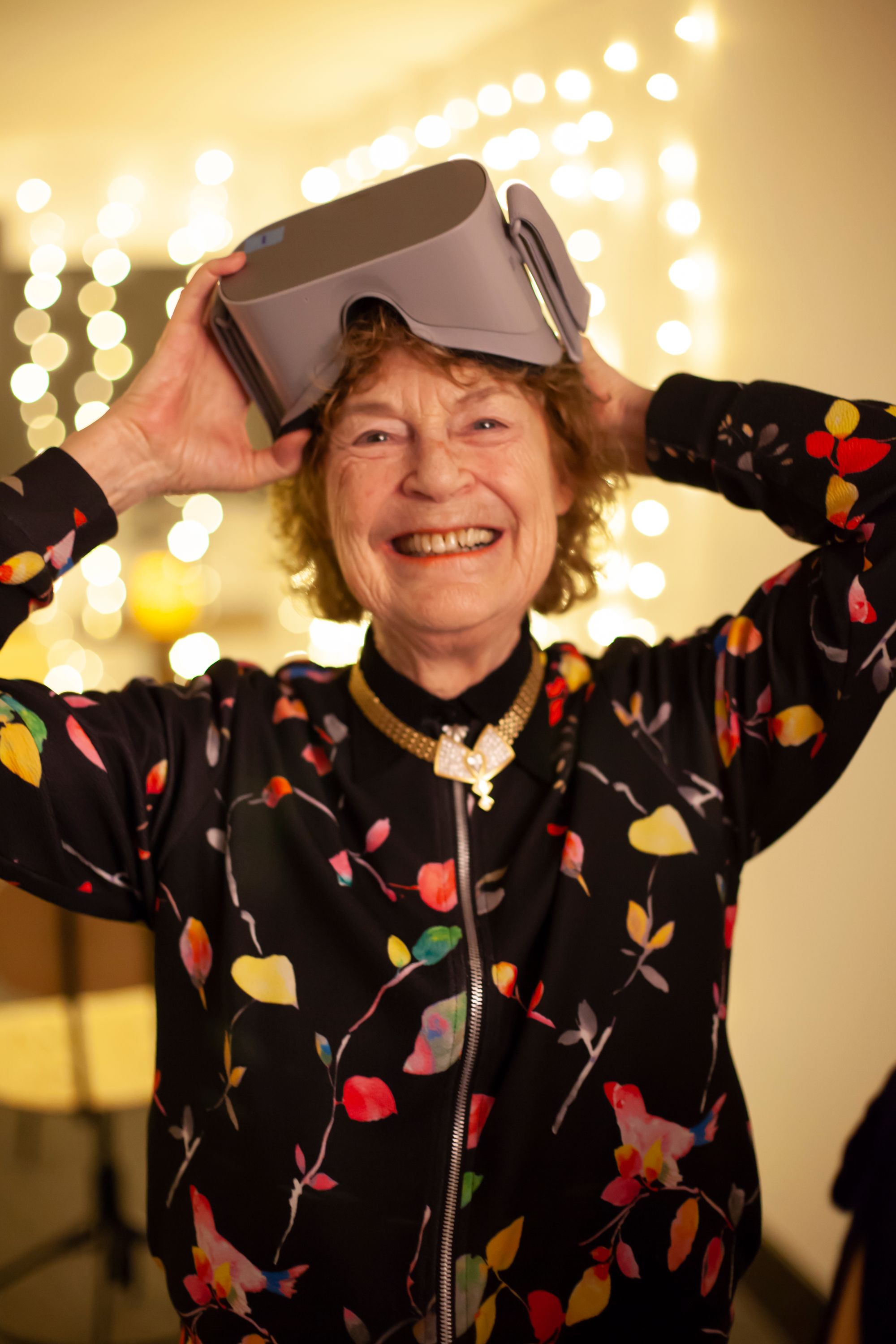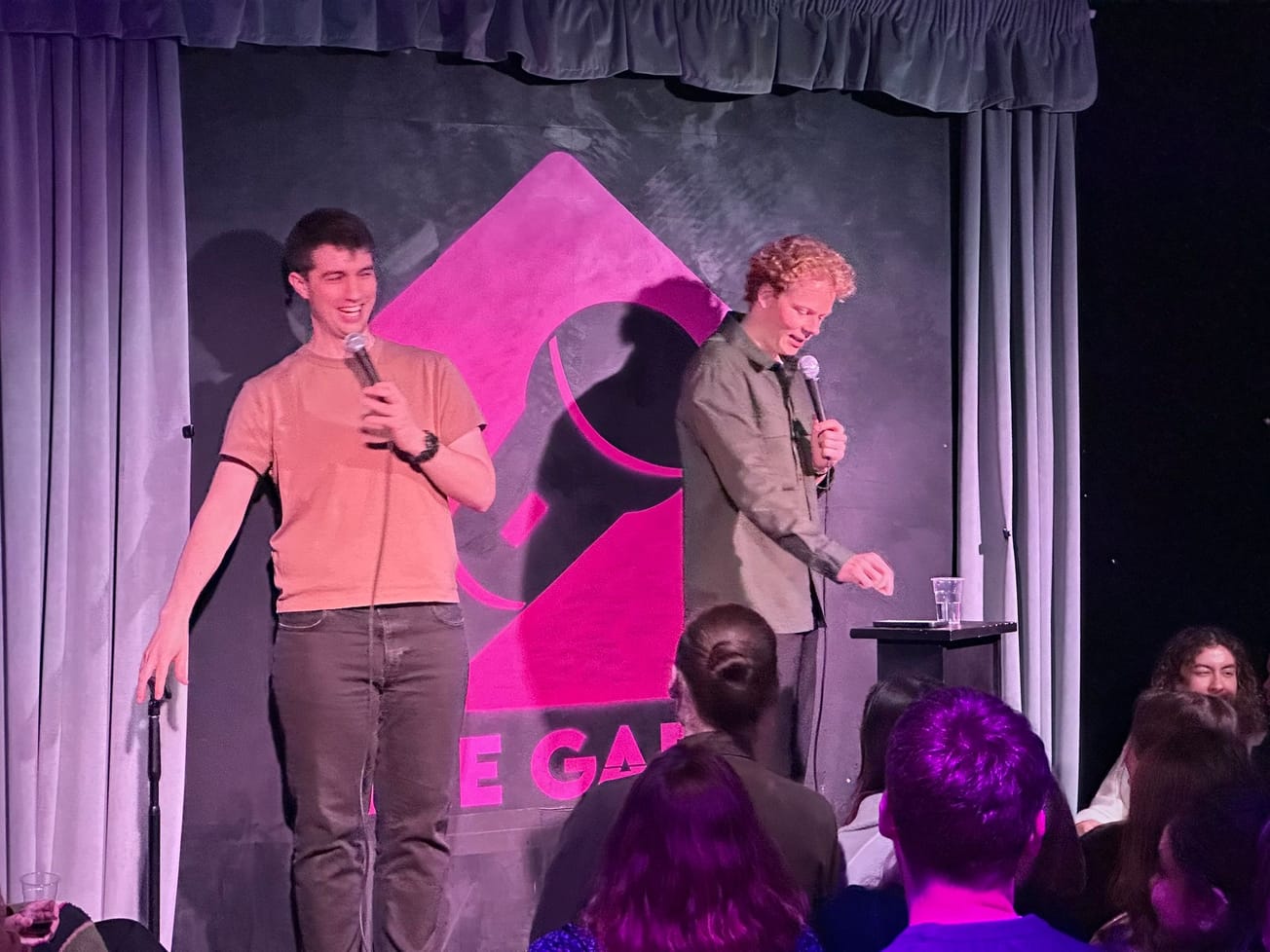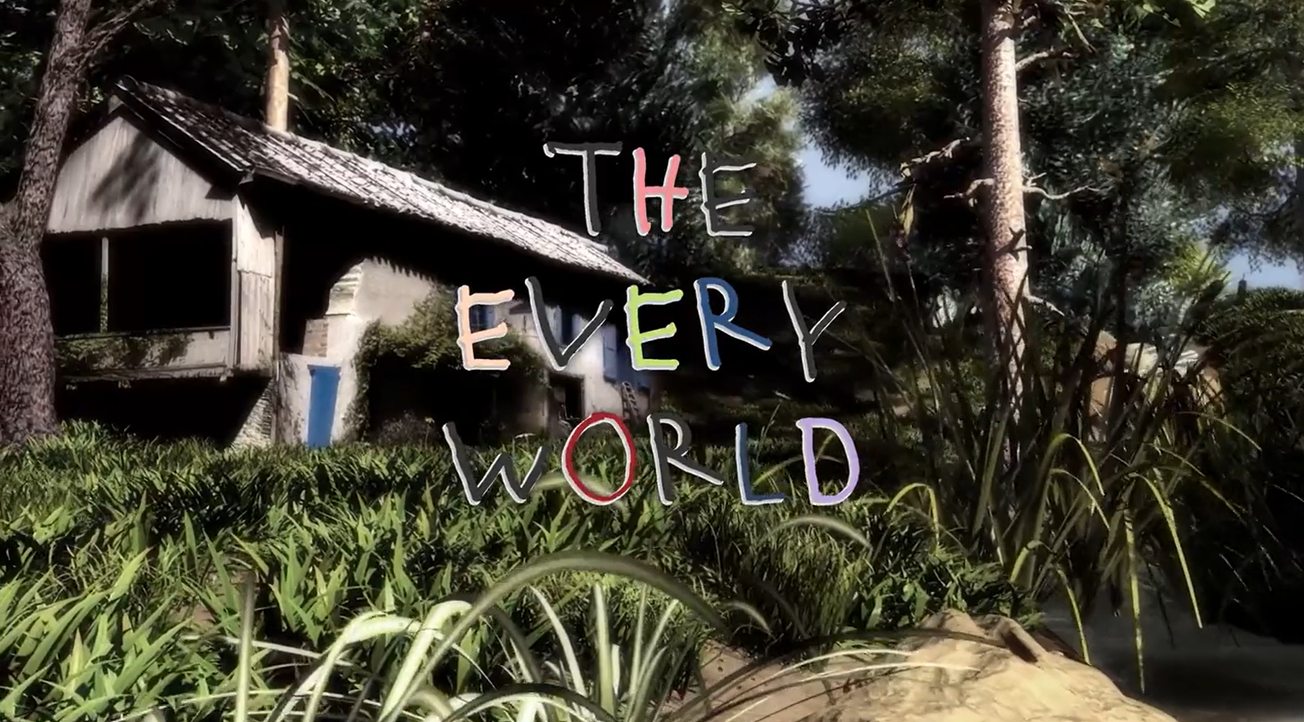By Katie Chalk, Arts Editor
An exciting look inside the world of Virtual Reality with Limina’s Emma Hughes, and what it means for the future of theatre.
Picture me almost two years ago, fresh out of my first (rather disrupted) year at Bristol, sitting in my parents back garden gaping in awe through a laptop screen. I am ‘partaking’, if you can even call it that, in a Zoom call with the brightest minds in immersive theatre and creative technologies, all based in the South West.
How on earth did I end up mixing with these futuristic experts? I’m still asking myself how I got so lucky.

Through an internship with a small Bristol-based theatre company, I was involved in the 2020 Bristol and Bath Research and Development Expanded Performance cohort. I spent weeks learning about virtual and augmented reality, binaural sound and immersive performance experiences.
Virtual Reality is a seemingly ‘real’, computer-simulated, three-dimensional environment, where a user in a headset can see and often physically interact with the space around them. Add a narrative and passing time element, and it becomes a four dimensional medium akin to gaming and can also be a vessel for an alternative style of theatre. Augmented reality is when computer-simulated objects are layered on top of real spaces, think of Pokémon Go, for example.
It became clear to me that Bristol in particular, really is at the forefront of this industry.

We all know it’s an exciting place to live and work. In terms of immersive media - Bristol is home to the art and tech hub Pervasive Media studio and the augmented and virtual reality research company Limina. Bristol is also a rich hub of tech start-ups and productions studios which provide the skills and infrastructure to create immersive media. Within the wider South West, there is the South West Creative Technology Network (SWCTN) and educational courses such as UWE's Masters in Virtual and Extended Realities. Also Bristol+Bath Creative R+D, though which I was launched, naive and eager, into this alien world. It is a world which, in light of recent attention on the ‘Metaverse’, feels closer to home than ever, and seems like an inevitable, exciting and scary new world for the arts industry.
Or is it so new?
‘Immersing someone in another world has always been the main goal of any artist’, claims Emma Hughes, curator and consultant at Limina. By this logic, prehistoric cave art is a method of drawing viewers into alternative realities. Within the visual arts, therefore, immersion is a practice as old as time.
Emma continues: ‘now technology is enabling us to achieve this in a much more literal and visceral way compared to more traditional mediums.’ That’s where ‘immersion’ becomes ‘Virtual Reality.’
Long gone are the days of theatre being a one-way experience with the audience being passive consumers. Anyone who took drama at GCSE probably remembers ‘promenade’ theatre in which the audience are mobile and follow the action through different spaces. Taking the idea even further, audiences have become active participants in ‘game-ified’ theatre where they either have a hand in choosing the story or partake in the action themselves as characters. Local to Bristol, the Arts and Theatre CIC I have worked with, Brave Bold Drama, produced not one, but two, playable family theatre shows ‘CIA: The Munch Mission’ and the ‘Midnight Mission’ in which families choose their own narrative as the show unfolds.
Real-life immersive experiences are also extremely popular among adults. Emma identifies a few notable ones around currently: Monopoly Lifesized, Doctor Who: Time Fracture in London, and Van Gough: The Immersive Experience touring internationally (including to Bristol!) in 2021 and 2022.
She continues, ‘now, virtual reality and other immersive media experiences have entered the mainstream alongside these real world immersive experiences.’

So theatre in Virtual Reality is just a natural progression from an already increasingly immersive theatre industry? As to be expected, it is a lot more complicated than that.
‘Personally, I believe VR and AR should be considered as creative mediums in their own right.’ Emma asserts. Whilst virtual reality ‘world building’ requires similar skills to theatre-making, and the technology can be added as an extension to live performance to enhance the experience, she emphasises the Virtual Reality ‘shouldn't be seen as the next version of other art forms’ and ‘will never fully replace live performance.’
As a newer medium in its own right, VR has not benefited from centuries-worth of experimentation and debate like theatre has. This means a few teething-problems are currently being thrashed out by pioneering practitioners in the industry. Catherine Allen, founder of Limina and producer of two of the BBC’s first VR experiences, explains the medium’s lack of critical distance in the way that Bertolt Brect introduced the idea into theatre a century ago.
We’re not looking into a future where all theatre exists in VR, and with post-pandemic audiences itching to experience live-ness and togetherness again, there will always be a place for traditional theatre practice. Virtual reality, as a relatively new medium, can provide an extension to this and a new opportunity for theatre-makers to re-direct their skills, but it is a medium in its own right with an exciting, and challenging future to navigate.
Featured Image: Courtesy of Limina
Have you taken part in any VR/AR experiences? What did you think?








